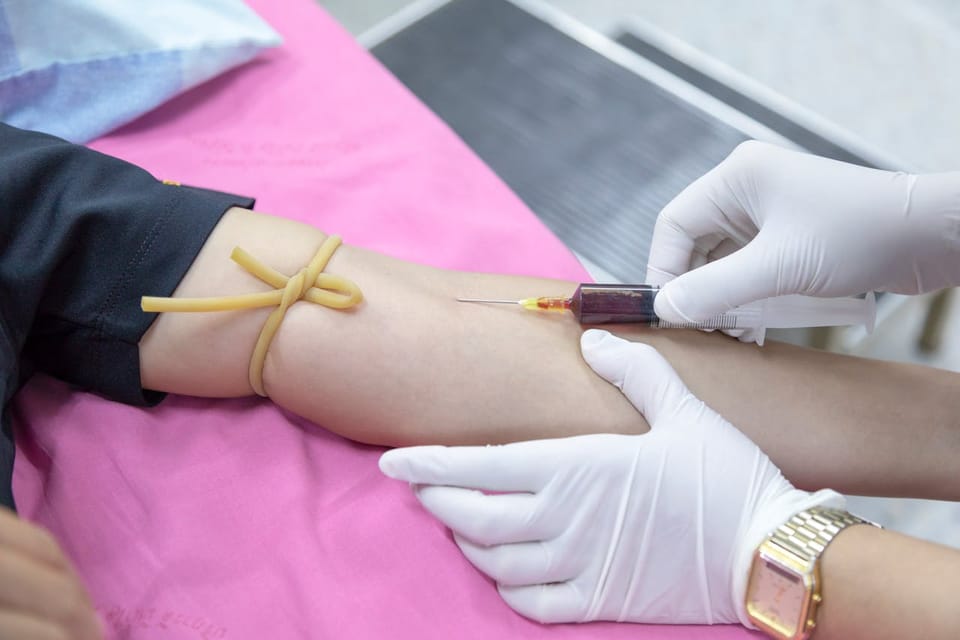Defensive Medicine: A Double-Edged Sword in Modern Healthcare - Why Patients Should Care?
Table of Content
Defensive medicine has become a growing concern in healthcare systems worldwide. As a doctor who transitioned into tech and spent years working in medical tourism, I’ve seen its impact firsthand. Patients from countries with stringent medical liability laws often travel to Turkey and other destinations, frustrated by doctors who refuse to take their cases for fear of legal repercussions.
This dynamic reveals how defensive medicine shapes patient care and creates unintended consequences for both patients and physicians.
What Is Defensive Medicine?
Defensive medicine occurs when doctors order unnecessary tests, procedures, or referrals, not because the patient needs them, but to protect themselves from potential lawsuits.
While this practice can sometimes boost patient satisfaction by making patients feel thoroughly examined, it’s far from beneficial in the long run.
It leads to increased costs, delayed diagnoses, and even unnecessary risks for patients.
Why Are Doctors Afraid to Take Responsibility?
- Legal Risks: In Egypt, the recently proposed medical liability law highlights the growing fears among doctors. Physicians can face imprisonment for errors made during their practice, as outlined in this case.
Such laws discourage doctors from handling complex cases, as the stakes are too high. - Reputation and Career Risks: Many gynecologists globally avoid complicated cases due to the fear of negative outcomes tarnishing their reputation.
This hesitation is prevalent in countries like the USA, where malpractice lawsuits are notoriously common. - Systemic Pressures: In Libya and Saudi Arabia, the fear of liability in surgeries often forces doctors to refuse high-risk cases, leaving patients to seek care abroad.
Meanwhile, in Germany, France, and Austria, medical professionals face intense scrutiny, pushing them to adopt overly cautious approaches.
Defensive Medicine and Medical Tourism
During my years in medical tourism, I observed patients traveling to countries like Turkey for procedures that doctors in their home countries refused.
Here are some notable patterns, of a specific case I was part in its clinical workflow:
A Libyan Patient Seeking Care in Turkey
A middle-aged woman with a high-risk gynecological condition was denied care in her home country due to the complexity of the case.
Finally, she found treatment in Turkey, where doctors were more willing to take the calculated risk despite potential liability concerns, flashnews, the patient is saved so as the baby (he is 8 years old now).
The Consequences of Defensive Medicine
1- For Patients:
- Delayed Diagnoses: Over-testing can obscure the underlying issue, leading to treatment delays.
- Financial Burden: Defensive practices inflate healthcare costs, especially in countries like the USA.
- Emotional Strain: Patients often feel abandoned when doctors refuse their cases.
2- For Doctors:
- Burnout: The constant fear of lawsuits takes a toll on mental health.
- Career Impact: Doctors may avoid certain specializations altogether, creating gaps in care.
3- For Healthcare Systems:
- Resource Wastage: Unnecessary tests and procedures drain resources that could be better utilized.
- Increased Medical Tourism: Patients seek care abroad, reducing trust in local healthcare systems. Countries like Turkey can use this in their advantage to increase healthcare tourism ecosystem, that will include healthcare insurance business and more.
FAQs About Defensive Medicine
What is defensive medicine?
Defensive medicine refers to practices aimed at avoiding lawsuits rather than benefiting the patient. This includes unnecessary tests, procedures, or avoiding high-risk cases altogether.
Why do doctors avoid complicated cases?
Doctors fear potential lawsuits, damage to their reputation, and career repercussions. In some countries, like Egypt and the USA, the legal risks are especially high.
Does defensive medicine harm patients?
Yes, defensive medicine can lead to delayed diagnoses, increased costs, and unnecessary risks. While it may temporarily boost patient satisfaction, it is not a sustainable or beneficial approach.
How does defensive medicine influence medical tourism?
Patients often travel to countries with less stringent liability laws to receive care. Turkey, for example, has become a hub for medical tourism due to its willingness to handle complex cases.
What can be done to address defensive medicine?
Creating balanced medical liability laws that protect both patients and doctors is crucial. Providing doctors with adequate legal and institutional support can also reduce the practice of defensive medicine.
Defensive medicine is a global issue that requires thoughtful solutions. By addressing the root causes—from liability laws to systemic pressures—we can create healthcare systems that truly prioritize patient well-being over legal fears.










